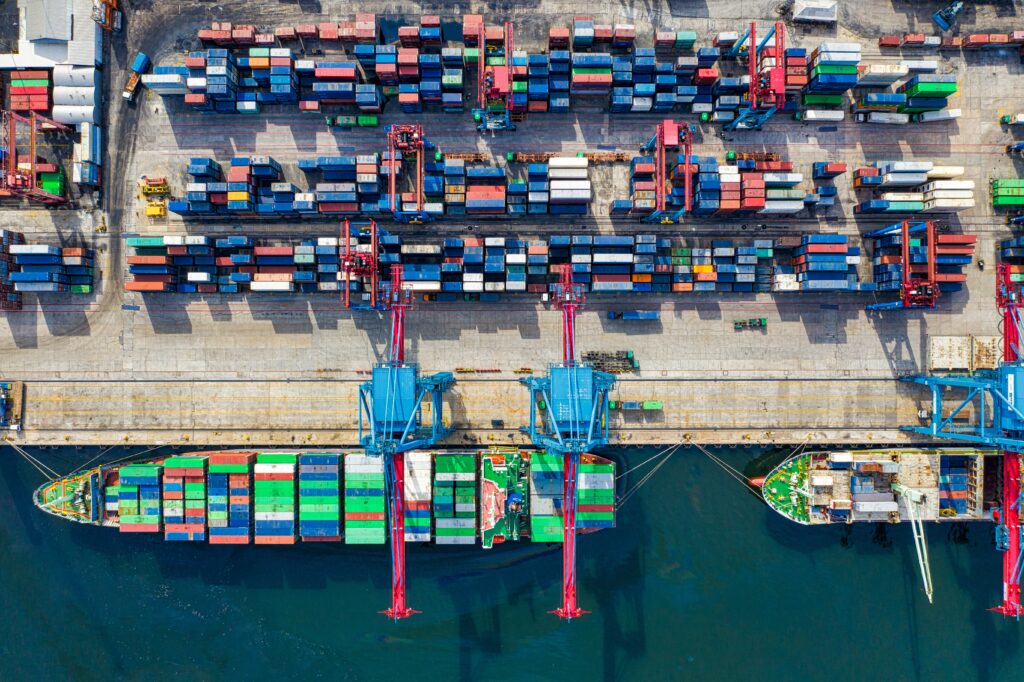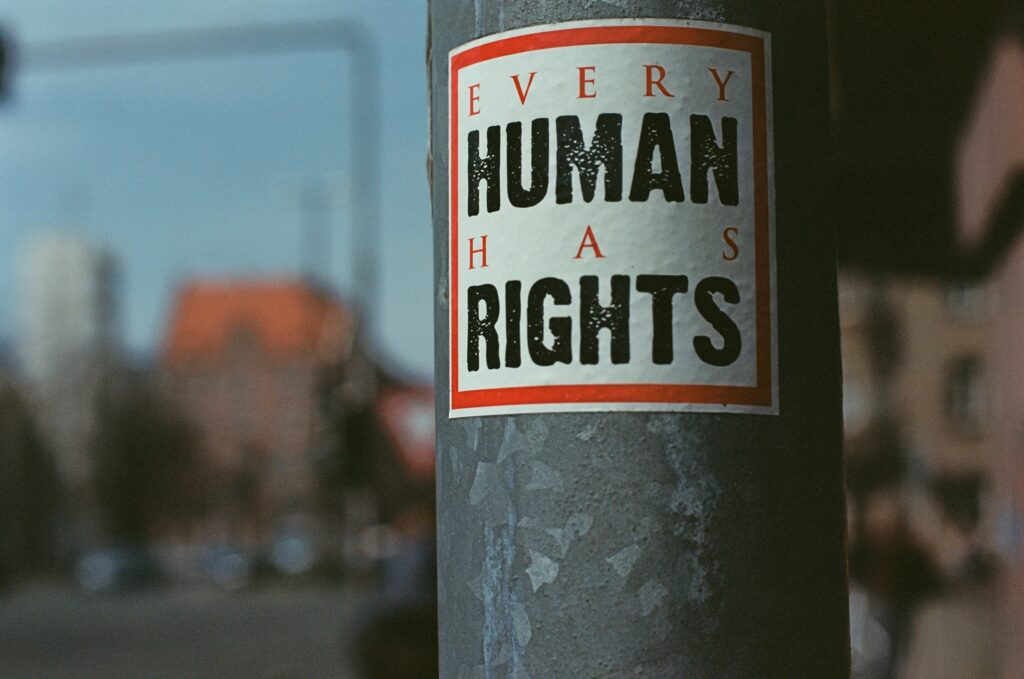At Ksapa, we have been extensively using and working with the OECD Guidelines for Multinational Enterprises on Responsible Business Conduct. Here’s an overview of its 2023 update.
Category Archives: Duty of Vigilance
Child Labour, Corporate Social Responsiblity (CSR), Duty of Vigilance, Human Rights, Impact, Inclusion, Responsible sourcing, Smallholding Farmers, Stakeholders, Sustainability, Work Conditions
10 Principles to Design and Deploy Successful Programs Involving Smallholders to Mitigating the Environmental and Human Rights Challenges of Agricultural Commodity Supply Chains
Including the smallholder farmers perspective in agricultural project is challenging for a variety of reasons. Here are 10 principles ensuring success we have learned across our programs and experiences at Ksapa.
Ksapa has been working extensively on human rights exploring how companies are embedding technologies across how they operate and deliver services. Here are some of our learnings to date to encourage the positive impacts while mitigating the risks.
The Norway’s Transparency act is pursuing three purposes. Understand its application and implications for corporations in this article.
We at Ksapa are regularly asked by our clients across industries and markets why we always include environmental considerations into our human right projects. This linkage yet seems to require a bit of explanation. Here’s an attempt.
the European directive on corporate sustainability due diligence is gradually moving towards its official adoption. It has reached a new stage this Tuesday, April 25, 2023 with the adoption of the text by the Committee on Legal Affairs of the European Parliament (JURI). The text was adopted with 19 for, 3 against and 3 abstentions. As a reminder, the CSDD aims to impose on companies the exercise of due diligence with regard to potential or actual negative impacts on human rights, the environment and good governance in their operations and business relations
Learn how to comply with the German Supply Chain Act bringing additional human rights and environmental compliance in the supply chain world.
Ksapa is leading a working group of 12 international investment funds and investment companies to strengthen their consideration of human rights issues. An opportunity to come back and clarify the EU’s DNSH principle. Demonstrating that investments “do no significant harm” is a cornerstone of the EU’s sustainable finance framework. Learn in practice how to apply this principle in this article.
This article highlights how human rights have become an integral part of the discussion amongst policymakers and business leaders and how 2023 is a turning point.
Many factors are driving businesses towards implementing human rights policies and holding them accountable by making such commitments public. These developments will not be without litigation and financial and reputational consequences.
The 11th session of the UN Annual Forum on Business and Human Rights took place from the 28th to the 30th of November 2022, after two years of online sessions because of the COVID pandemic. The underlying theme for this year’s session was “Strengthening accountability to advance business respect for people and the planet in the next decade.”











